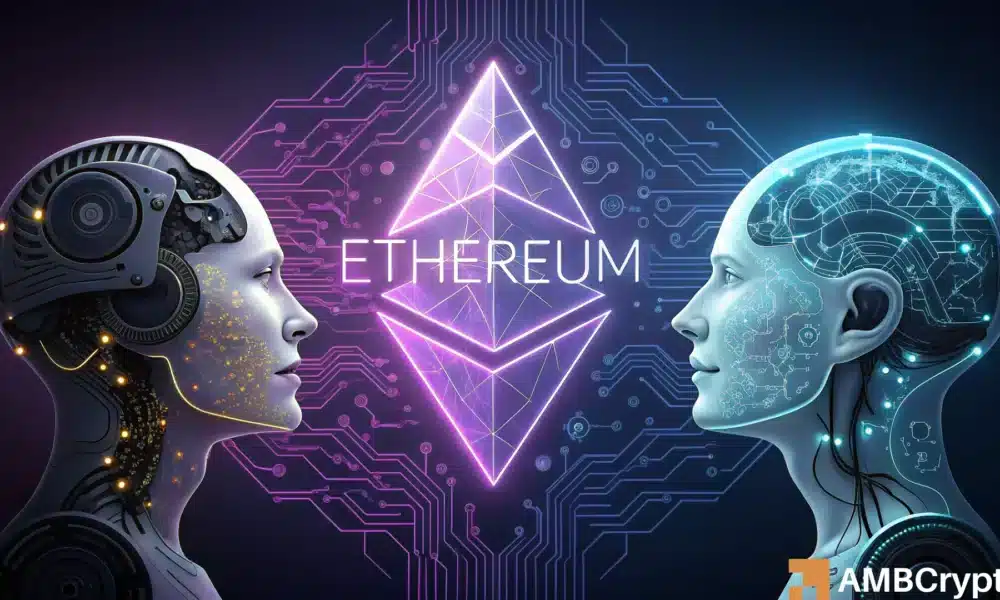
The Ethereum Foundation is making significant strides in aligning blockchain technology with the rising tide of artificial intelligence (AI). Recently, the foundation introduced its new decentralized AI (dAI) team led by research scientist Davide Crapis. Their mission is to establish Ethereum as the foundational settlement and coordination layer for AI agents and the burgeoning machine economy.
ERC-8004: Paving the Way for AI Transactions
The centerpiece of this ambitious initiative is ERC-8004, a groundbreaking standard designed to enable AI agents to interact seamlessly on the Ethereum blockchain. This includes functionality for discovering, verifying, and transacting in a decentralized manner, thereby eliminating reliance on traditional centralized platforms. The team aims to finalize the ERC-8004 standard by November, with plans to unveil it at Devconnect in Buenos Aires.
Driving Decentralized Innovation
Beyond developing ERC-8004, the Ethereum Foundation is taking a holistic approach to advancing this vision. Efforts include funding open-source projects that focus on agent identity verification, creating interoperable protocols, and fostering decentralized coordination. This positions Ethereum to become a critical infrastructure component for AI applications, aligning with the cryptocurrency’s core principles of neutrality and decentralization.
With job listings, research partnerships, and new funding programs on the horizon, the foundation is determined to build an ecosystem that supports decentralized agent-based interactions in a machine-driven economy.
Ethereum Price Trends: A Snapshot
At the time of this announcement, Ethereum (ETH) was trading at $4,508, reflecting a 0.36% daily drop. Despite this slowdown following a recent price rally, Ethereum remains a key player in the crypto market. Technical indicators such as the RSI suggest a period of consolidation as the daily chart shows waning bullish momentum with profit-taking activities.
AI Meets Blockchain: A Natural Fit
AI and blockchain share key principles, including decentralization, efficiency, and scalability. The introduction of ERC-8004 enhances Ethereum’s utility as a platform where AI agents can transact and interact without the constraints of centralized systems. This innovative approach could pave the way for AI-driven financial services, supply chain management, and other industry-transforming applications.
For readers exploring blockchain and AI integration, consider learning more about Ethereum’s advancements. Hardware wallets like Ledger Nano X are highly recommended to securely manage your ETH while diving deeper into decentralized applications.
As Ethereum gears up to unveil its latest standard, the fusion of AI and blockchain promises to unlock endless possibilities, empowering developers and businesses to build the decentralized future.






